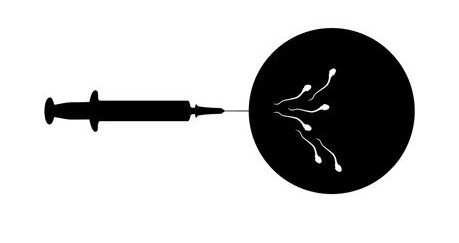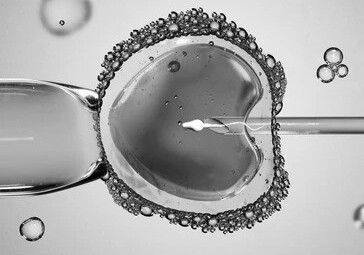Have you tried artificial insemination (AI) to get pregnant but haven’t had the desired results? You are not alone, and with the appropriate techniques, your chances of success can greatly increase. Artificial insemination (AI) is a powerful tool for overcoming fertility challenges, but it requires careful planning and execution.

Here are some valuable tips to help you navigate this journey and boost your chances of achieving a successful pregnancy:
Understand the Basics
First, familiarize yourself with the fundamentals of artificial insemination. AI involves the collection of sperm from a male donor and its direct insertion into the female reproductive tract. You can perform this procedure at home using a home insemination kit or in a clinical setting with a professional. By knowing the steps and the equipment involved, you will boost your confidence and prepare yourself for the process.

Timing is Crucial
Next, timing is one of the most critical factors for success. To begin with, track your ovulation cycle to identify the most fertile days. Use ovulation predictor kits (OPKs), monitor your basal body temperature, and pay attention to changes in cervical mucus to pinpoint ovulation. By inseminating during your peak fertility window you maximize your chances of conception.
Ensure Sperm Quality
Furthermore, high-quality sperm significantly increases the likelihood of successful insemination. If you are working with a sperm bank, choose a reputable one with stringent quality control measures. If collecting sperm from a donor, ensure it is done under hygienic conditions to avoid contamination. Sperm should be motile and healthy, so proper handling and storage are critical. In some cases, sperm washing might be necessary to remove any impurities and increase the chances of fertilization.
Use the Right Technique
Moreover, different techniques can be employed depending on your specific circumstances. Intrauterine insemination (IUI) is a common method where sperm is placed directly into the uterus. Another method is intracervical insemination (ICI), where sperm is placed near the cervix. Thus, follow the correct procedure and use the appropriate tools to avoid damaging the reproductive tract and to place the sperm as close to the eggs as possible.

Maintain Cleanliness and Sterility
Additionally, cleanliness is paramount in artificial insemination to prevent infections that could compromise fertility. Always use sterile equipment and work in a clean environment. If you’re performing AI at home, ensure that all tools are properly sanitized and that you follow hygienic practices. In a clinical setting, trust that professionals adhere to strict sterilization protocols.
Manage Stress and Comfort
Moreover, reducing stress can improve the chances of successful insemination. Stress can negatively affect hormone levels and reproductive functions. Therefore, ensure that the environment is calm and comfortable. Relaxation techniques such as deep breathing, meditation, or acupuncture might be beneficial before the procedure.
Monitor Health and Nutrition
Overall health and nutrition play a significant role in fertility. Therefore, maintain a healthy diet, exercise regularly, and avoid substances like alcohol and tobacco to enhance fertility. Consider taking prenatal vitamins or supplements as recommended by your healthcare provider to boost reproductive health.
Follow-Up Care
Afterwards, post-insemination care is just as important as the procedure itself. For example, Lie down for a short period after insemination to help the sperm reach the uterus. Follow any additional instructions provided by your healthcare provider. Pay close attention to your body and any changes that may indicate pregnancy, such as missed periods or early pregnancy symptoms.
Keep Records
Maintaining detailed records of the insemination process can be incredibly helpful. Document dates, techniques used, sperm quality, and any observations about your cycle or health. This information can assist in future attempts if the first insemination does not result in pregnancy and can help identify any patterns or issues.

Seek Professional Advice
If you encounter difficulties or have specific concerns, don’t hesitate to seek professional help. Fertility specialists have the expertise to address complex issues and can provide personalized advice based on your situation. Professional guidance can increase your chances of success and ensure that you’re following the best practices.
Successful artificial insemination requires careful planning, proper timing, and meticulous execution. By understanding the process, ensuring optimal conditions, and seeking professional help when needed, you can significantly improve your chances of achieving a successful pregnancy.
Remember, patience and persistence are key, as it may take several attempts before achieving the desired outcome.









